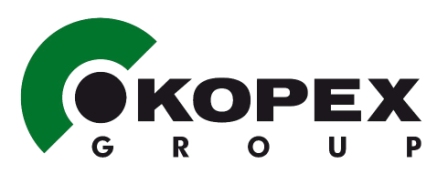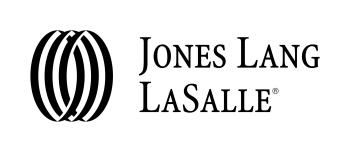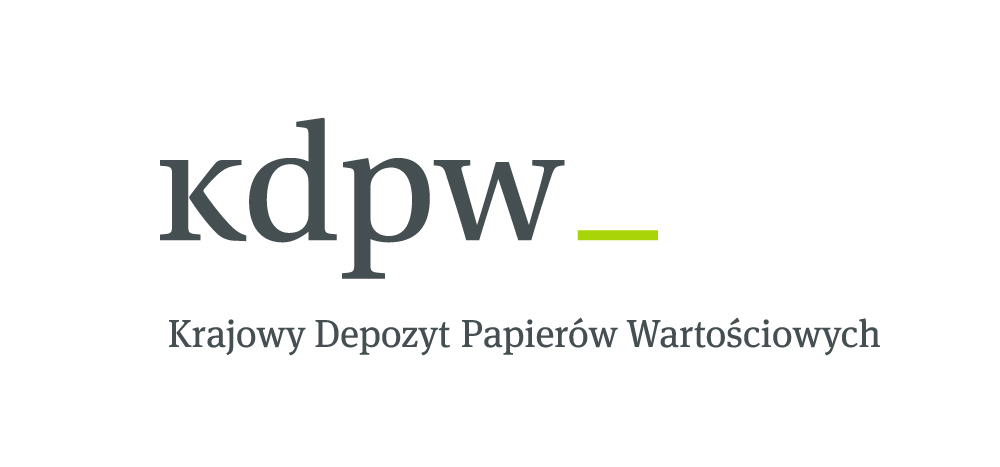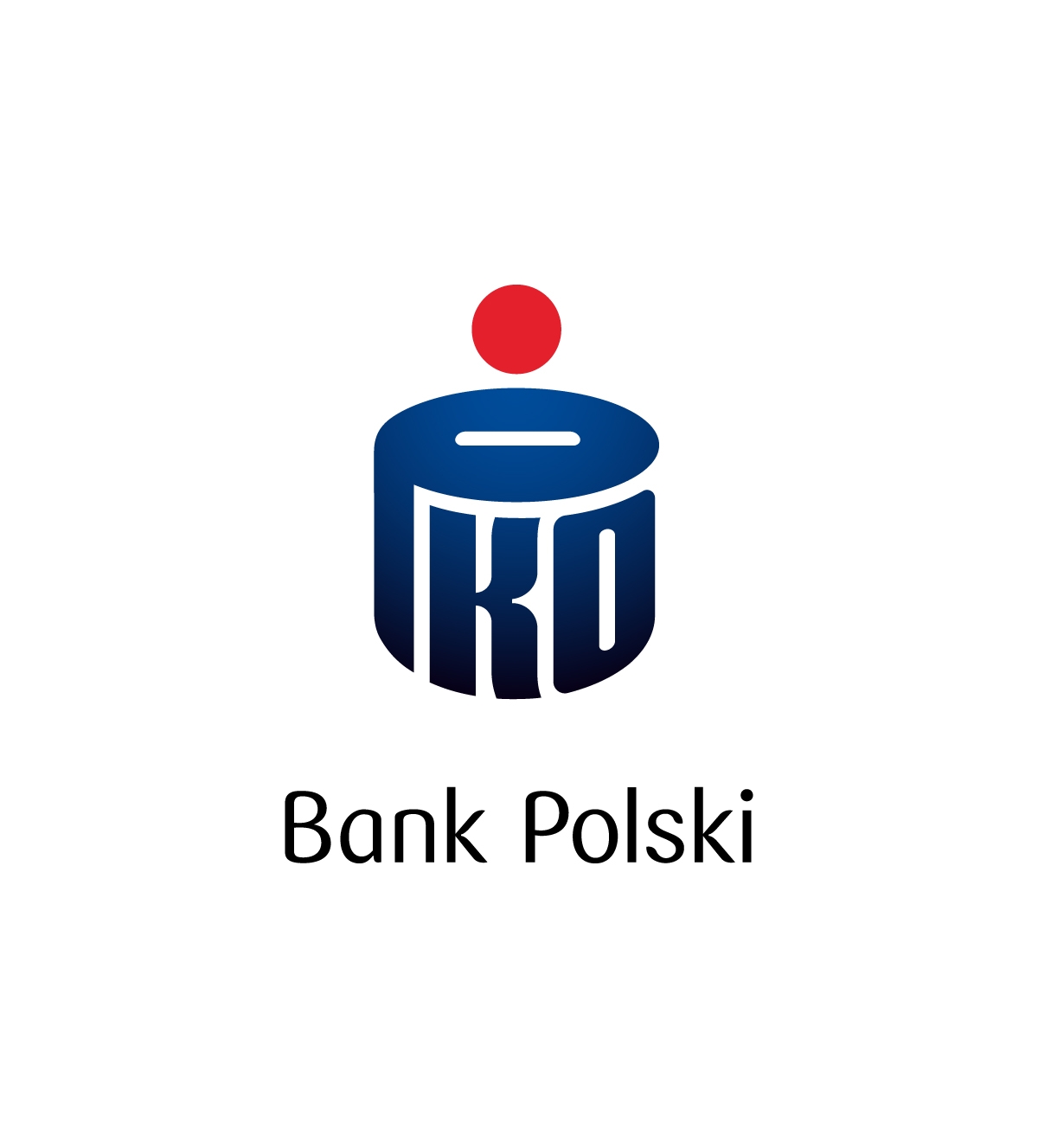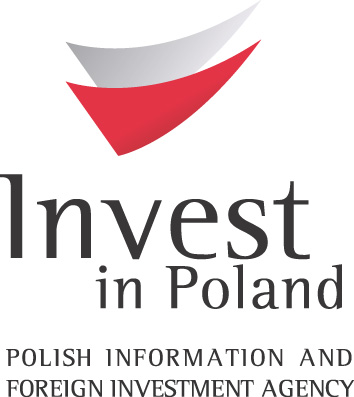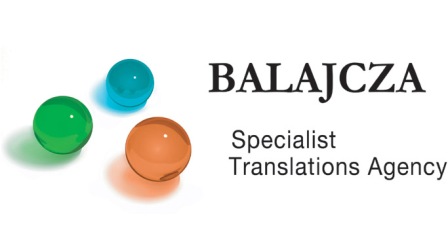Information 2012
Poland’s Glass Is Half Full
The Warsaw Voice and the International Herald Tribune held their Warsaw Economic Hub international annual conference at the Warsaw Stock Exchange building Dec. 6.
The conference, previously known as the Warsaw-CEE Financial Hub, was held under the auspices of Poland’s President Bronisław Komorowski. Participants included politicians, economists, financial advisors and analysts, as well as executives from big corporations.
Conference speakers in two panel discussions and six sessions discussed the state of the Polish economy and finances, prospects for the future, Poland’s role in the EU and how Warsaw has become an important business hub.
The general mood at the conference was that of cautious optimism for the coming years, with everyone generally agreeing that in regard to Poland “the glass is half full.”
The former EU Commissioner for Enlargement, Günter Verheugen, in his opening remarks, said that the European Union is not just about money and production quotas, but also about ensuring peace and prosperity in the world. He added that, while Europe is in the middle of a financial and economic crisis, it is also experiencing a leadership crisis. He said that the common European interest should be more important for countries than their national interest in order to make the EU strong again.
Verheugen added that we need a “better Europe,” one pursuing a coherent policy for growth and jobs, and a coherent policy on climate change and the environment. At the forefront of all this lies innovation, Verheugen said. He added that Poland belongs to the top four or five countries that are important in political terms, and Poland can use its influence to convince others that a “better Europe” is desirable.
Verheugen said he was in full support of calls not to reduce the EU budget for Poland and hoped that Poland would enter the eurozone within three to five years. This would be a strong signal that Poland believes in the sustainability of Europe, he said.
Former Polish prime minister Jan Krzysztof Bielecki, addressing the conference, reiterated that the EU was Poland’s best ally. He said that a key challenge for Poland was to maintain sustainable development and strike a balance between austerity and growth. This would ensure that Poland does not fall into a spiral of growing debt, Bielecki said.
Polish Treasury Minister Mikołaj Budzanowski said that energy is one of Poland’s major priorities, whether it be natural gas mining or modernizing power plants. He said that there is a number of huge energy projects in the pipeline and that the Polish government is working on a program to give positive input to encourage joint ventures in the sector.
The Mayor of Warsaw, Hanna Gronkiewicz-Waltz, in her enthusiastic talk about the capital, said that Warsaw generates 14 percent of Poland’s GDP and has a thriving economy with a well-educated young work force. She noted that only Paris and London were constructing more commercial buildings than Warsaw, and that the capital has the most green areas and green buildings in Europe.
According to Gronkiewicz-Waltz, Poland will not experience dynamic growth next year, but one that will be stable and sustainable. She said that EU funds are important to Poland, and that Poland needs to have a positive attitude and realistic expectations.
Apart from the three guest speakers, the opening panel included experts and industry professionals from companies and organizations such as PwC, ABSL, PGNiG SA, the Warsaw Stock Exchange, and Hochtief SA. The discussion was about the Polish economy as compared to other economies in CEE and beyond.
Working sessions focused on key developments on Polish capital markets and WSE commodity markets, Poland as a hub for interregional cooperation, with a special focus on China, the Polish financial market in light of post-crisis EU regulations, Poland as a trendsetter for real estate markets in the CEE region, and Poland as regional leader in the business sector. The closing session about the pros and cons of doing business with Poland and in Poland included comments by the presidents of the largest foreign chambers of commerce in Poland as well as the Lotos corporation and HSBC.
Some of the main observations made by conference speakers on what should be improved in Poland included the following: There is a need to look at corporate governance; business is growing, but what is missing is project management at the government level; the public sector is too strong and there is not enough privatization taking place in the country; regulatory conditions need to be improved for small businesses and entrepreneurship should to be encouraged; the number of regulations needs to be reduced and the litigation system improved; the public sector is too large and there are many duplications in public administration that hinder business.
Observations on Poland’s positive aspects, on the other hand, included one that Poland is set for long-term growth but needs to increase productivity through investment. Other positive comments: on the financial front, the Warsaw Stock Exchange expects moderate optimism for 2013; the future is positive for the business services sector, with continuing healthy growth expected in the years ahead; it is expected that investment in real estate will continue to grow at a healthy pace; Poland’s good economic situation today is the result of tough macroeconomic policies in the 1990s; there are many big Polish enterprises that attract large investors.
The conference moderators were Andrzej Jonas from The Warsaw Voice and Jack Ewing from the International Herald Tribune.
Jolanta Wolska
Copyright © 2011 Planners Polska Sp. z o.o.






